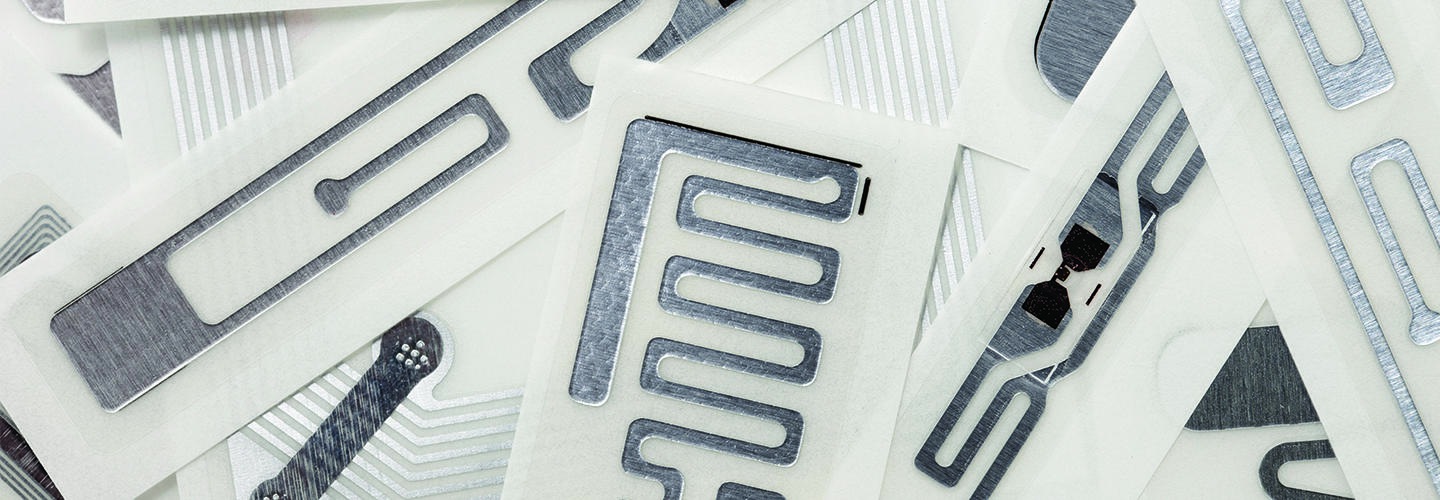
@ShahidNShah


RFID technology, which uses wireless communication to identify and track people and equipment, has seen strong adoption in healthcare in recent years. When paired with an RTLS or indoor positioning system, RFID tags allow healthcare providers to not only track newborns but also prevent older patients with dementia or other cognitive issues from wandering offsite, says Tim Gee, principal of Medical Connectivity Consulting.
Hospitals also use RFID tools to measure temperatures and monitor hand hygiene for infection control. Beyond improving patient safety, this technology can help hospitals save money by enabling employees to work more productively and efficiently.
The use cases for RFID, besides asset management, include providing real-time insight on the location of medical equipment, and improving patient workflow by automating what used to be a manual process of managing and scheduling procedures, Gee says.
Continue reading at healthtechmagazine.net
Adhering to clinical decision support tools results in structured, standardized patient data, allowing organizations to improve care practices.Read on healthitanalytics.com
Connecting innovation decision makers to authoritative information, institutions, people and insights.
Medigy accurately delivers healthcare and technology information, news and insight from around the world.
Medigy surfaces the world's best crowdsourced health tech offerings with social interactions and peer reviews.
© 2025 Netspective Foundation, Inc. All Rights Reserved.
Built on Apr 28, 2025 at 12:52pm